Peninsula Health Center | Addiction Treatment in South Bay Area
Treatment For Your Needs
Depression and Addiction Treatment
Home / Programs & Therapies / Dual-Diagnosis
- Call Today for a Free Consultation
- 1-866-934-8228
Understanding Depression
On their own, depression and substance use disorder (SUD) are two of America’s most perennial mental health disorders. Depression negatively alters your typical mood, as well as your thoughts and behavior. Substance use disorder can leave you addicted or affected by dysfunctional drug or alcohol abuse. While they’re damaging on their own, depression and SUDs can cause even more harm when they occur together. With the help of treatment specialists, you can move beyond their overlapping effects.
For a customized depression and addiction treatment center in Southern California, turn to Peninsula Health. We feature an Intensive Outpatient Program in Palos Verdes specifically designed to treat the combined symptoms of mental illnesses and SUDs. You can use this program to recover from depression accompanied by any drug or alcohol problem. That’s true even for extreme forms of these conditions.
With a more than 16% lifetime rate of occurrence, major depression is America’s top source of mental health disorders. Initial bouts of the illness typically happen in late adolescence or early adulthood. Women experience symptoms more often than men. In a large percentage of cases, increased risks for these symptoms pass through family bloodlines.
Want to know more about major depression, its subtypes, or persistent depressive disorder? Talk to the knowledgeable staff at Peninsula Health Treatment Center.
Medication-Assisted Treatment
Expertly managed medication-assisted treatment options available to all clients.
Unique Therapies
We utilize the latest advancements to ensure all clients experience personalized care.
Outpatient Options
We offer day and night intensive outpatient options so you don't have to worry about missing out.
Meet the Team
At Peninsula Health Center, we've established a world-class team of expert, caring treatment providers.
Our Program Defined
We offer integrative wellness solutions from addiction to mental health to overall health & wellness.
Tour Our Facility
Our convenient location makes its easy to access top-notch addiction medicine in Southern California.
We Can Help
Benefits of a Doctor-Owned Dual Diagnosis Center
Doctor-owned and operated mental health treatment centers for depression offer several distinct advantages that can significantly benefit individuals seeking help for this condition. Here are some of the key benefits:
- Expertise and Medical Oversight
- Comprehensive Assessments
- Evidence-Based Treatments
- Individualized Care
- Continuity of Care
- Research and Innovation
- Access to Medication Management
- Reduced Stigma.
- Quality Assurance

The Risks of Depression and Substance Use Disorder
SUDs’ Impact on Depression
Substance use can increase your risks for some of the most typical symptoms of depression. That’s true even if you don’t have an SUD. It can also be true if you don’t qualify for an official depression diagnosis. The most common depressive symptom tied to drug or alcohol use is sadness or a down mood.
Certain effects of clinical addiction can also increase your chances of experiencing depression symptoms. The most likely culprit here is withdrawal which appears when you stop drinking or taking drugs, or rapidly decrease your use. Withdrawal from almost any substance not only increases your exposure to down or depressed moods. It can also expose you to other common depression indicators such as:
Loss of appetite
Difficulty concentrating
Unusual irritability
Sleep difficulties
In addition, the presence of SUD increases your odds of experiencing treatment-resistant symptoms of depression. These symptoms get their name because they still affect you after you’ve received multiple forms of treatment.
What’s more, people with depression who have SUDs may not seek help as quickly as those without SUDs. That’s true, in part, because a substance use disorder can potentially mask the effects of depression. People affected by SUDs may also find it harder to recover from severe depressive symptoms.
Recognizing the Overlap of Depression and SUDs
It’s not always easy to tell if a person affected by depression has an SUD. What explains this difficulty? Depression often leads to an increased use of drugs or alcohol. However, this increase might not lead to diagnosable symptoms of substance abuse or addiction. In addition, the effects of SUDs can look similar to the effects of depression. In this way, the symptoms of an actual substance problem may go overlooked by doctors.
Similar difficulties can arise when trying to detect depression in a person with substance problems. Why? As we’ve seen, drug and alcohol withdrawal can lead to depression-like symptoms. However, these symptoms may not rise to the standards of diagnosable major depression or persistent depression. And when they do meet these standards, doctors may mistake them for SUD-related symptoms, not depression symptoms.
It takes a careful assessment process to detect depression that overlaps with a substance use disorder. To find out more about this process, consult the professionals at Peninsula Health Center today.
Dual-Diagnosis
Find out more about our dual-diagnosis programming at Peninsula Health Center in Palos Verdes.
Holistic Therapies
Explore the different types of holistic treatment options offered at Peninsula Health Center.
Medication-Assisted
Discover how our medication-assisted treatment program works and begin healing today.

We're Here to Help
Get Help at Peninsula Health’s Depression and Addiction Treatment Center
Do you or your loved one need help for depression and SUD symptoms? You’ll need to find facilities in your area that specialize in treating dual diagnosis. All dual diagnosis recovery plans are customized for the specific conditions affecting you. They’re then adjusted even further to meet your specific treatment requirements.
Need a Southern California depression and addiction treatment center? Peninsula Health is a leading provider of dual diagnosis services and resources. Our modern, integrative Rolling Hills treatment center helps identify and treat both issues affecting you. That’s true whether you’re affected by major depression, one of its subtypes, or persistent depressive disorder. It’s also true regardless of the source of your specific SUD symptoms. Contact us today for more information on our personalized dual diagnosis plans.
Find Lasting Recovery
Get a free consultation right now. Fill out the form below to get a callback from our expert and caring admissions team. Whether you are a fit for our program or not, we will help you find the best treatment options that work for your personal needs.
Dual Diagnosis Medication and Therapy for Addiction and Depression
Combined cases of depression and addiction are important examples of something called dual diagnosis. You receive such a diagnosis when:
You’re affected by an addiction- or substance abuse-related SUD
You also meet the criteria for another mental health condition
In response to these combined issues, doctors and addiction specialists take an integrative approach. This approach views recovery from both issues as a single, coordinated task. As a rule, therapy plays an important role. Therapy for addiction and depression often takes the form of cognitive-behavioral techniques. These techniques emphasize practical change by helping you:
Understand the interconnected nature of your thoughts, emotional responses, and behavior
See how particular thoughts and moods tend to contribute to specific behaviors
Recognize helpful and unhelpful thoughts and moods
Focus more on ways of thinking and reacting that increase your daily function instead of decreasing it
Depression and addiction treatment centers also rely on the careful use of medication. The medicines in your particular recovery plan may focus more on your depression symptoms. Only alcohol- and/or opioid-related SUD treatment regularly includes a medication option.

Your Health Insurance Can Pay for Treatment
Learn more about how Peninsula Health Center works with health insurance plans and how your insurance can help cover most of the costs associated with treatment.

